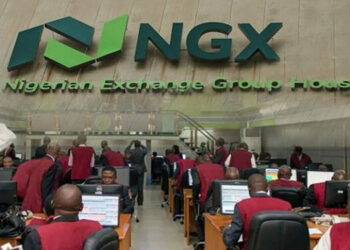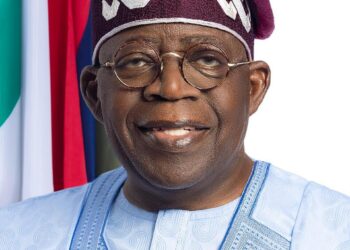The Independent Petroleum Producers Group (IPPG) and Oil Producers Trade Section (OPTS), have called for strong measures that will address challenges leading to declining oil production in Nigeria, one of which is the settlement of $1.3 billion debt owed to gas producers.
They raised the concerns while engaging the National Assembly in the bid to stabilize Nigeria’s fluctuating oil production.
One of the main issues discussed at the meeting was the $1.3 billion debt owed to gas producers, which according to them is discouraging investment and industry growth.
This collaborative initiative came to the fore at the capacity building workshop organised by the two operator-groups in the country’s upstream sector for members of the National Assembly in a renewed effort to combat crude oil theft, enhance security in the Niger Delta region, and tackle other challenges plaguing the country’s oil and gas sector.
During the gathering in Abuja, Senate President Godswill Akpabio, represented by the Chairman, Senate Committee on Upstream Petroleum, Etang Williams, expressed lawmakers’ commitment to addressing sector challenges while lamenting the lack of judicious utilization of oil sector windfalls.
Akpabio emphasized the need to increase the nation’s daily oil production to 1.8 million barrels, citing recent progress in reaching 1.35 million barrels per day, the highest figure since the year began.
Chairman of the Oil Producers Trade Section (OPTS), Rick Kennedy, stressed the importance of information and knowledge sharing to facilitate informed decision-making and foster collaboration with the National Assembly.
“Our goal is to make Nigeria the destination of choice once again for investors in the oil and gas sector. The OPTS and IPPG are willing to work with the National Assembly to realise this dream”, Kennedy said.
Despite the enactment of the Petroleum Industry Act (PIA) two years ago, investor uncertainty still hampers industry investments and revenue generation. Industry players urged the National Assembly to consider reviewing the PIA 2021 to address these concerns.
Chairman of IPPG, Abdulrazaq Isa, highlighted the persistent challenges faced by the sector, including investor uncertainty, global energy transition, and insecurity in the Niger Delta.
He emphasised the urgent need to ramp up oil and gas production to bolster the nation’s revenue and achieve macroeconomic stability. Isa outlined key priorities, including amending critical aspects of the PIA to establish a robust regulatory framework, enhancing industry competitiveness to attract funding, improving security in the Niger Delta, and developing a value-creating midstream and downstream sector to boost GDP and job creation.
“To enhance the competitiveness of the industry to attract the level of funding required to fully optimise our vast hydrocarbon resources for today and future generations, there is need to enhance security across the Niger Delta to safeguard and build a conducive operating environment to stem crude theft and sustainably address the unprecedented production decline witnessed in recent years, in addition to the establishment of a value-creating midstream and downstream sector to catalyse and rapidly industrialise the Nigerian economy thus significantly growing GDP and boosting job creation”, the IPPG Chairman stated.
Additionally, petroleum producers urged the Federal Government to settle the $1.3 billion debt owed to gas producers, emphasizing that this payment would stimulate industry growth, create new opportunities, and enhance the nation’s Gross Domestic Product (GDP) and power generation capacity.
Participants at the roundtable, including members of the hydrocarbon-related committees of the Nigeria National Assembly, IPPG, and IOCs, expressed willingness to collaborate in establishing a competitive fiscal framework that encourages investment and unlocks the sector’s development potential.





